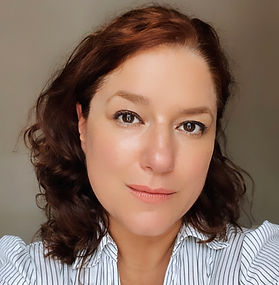top of page
Team Members

Marco Colangelo

Maria Caterina Rotiroti

Pierluigi Zappacosta

Maria Gini

Sara Galli

Antonio Loquercio

Alberto Salleo

Pietro De Camilli

Antonella Palmese

Pietro De Camilli

Alberto Sangiovanni-Vincentelli

Marzia Parisi
bottom of page